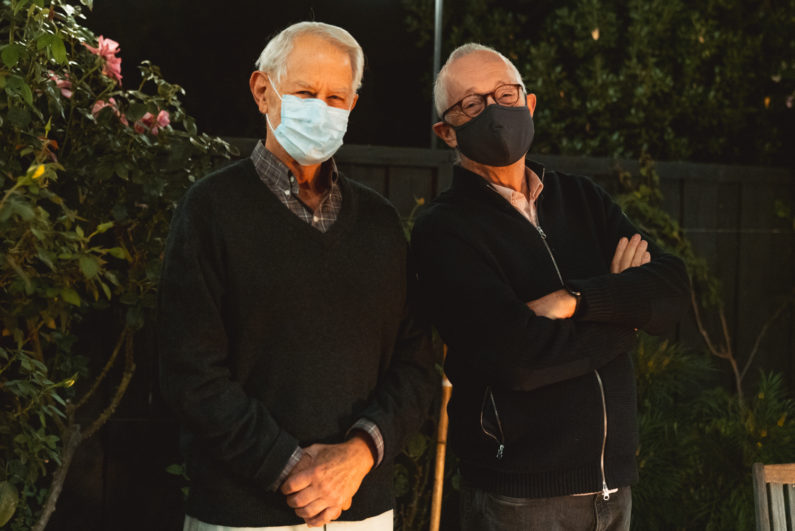I am a reluctant letter signer, but this election season I have signed two open letters. My reluctance stems in part from the fact that, when I am one among many who sign a letter, I'm often prominently mentioned in the resulting news stories, even though my expertise on the subject of the letter is no more than the other signers.
But, we are entering on an important election, and I'm a concerned citizen. So, I let myself be counted (even if over-counted), and when asked to explain, I sometimes feel moved to respond.
Here's the latest, from Business Insider:
by Kate Duffy.
"As of Friday, 1,027 prominent economists from major institutions across America, including numerous Nobel winners, had signed the open letter, which is being updated until Election Day.
"The number of signatures has increased by more than 300 since last Friday, when it was first created.
"Alvin Roth, who shared the Nobel Memorial Prize in Economic Sciences in 2012, told Business Insider he signed the letter because he was "concerned that some voters might believe President Trump's essentially false claims that his careless stewardship has been good for the US economy."
"Roth said: "That certainly isn't the view of those who study these things. Letters like this may also help many people know that they are not the only ones to notice that the current president is trying to keep us divided and misinformed." He added that "democracy depends on reliable information, and the letter was meant to provide some of that."
...
"Roth, an economics professor at Stanford University, believes the re-election of Trump could severely damage the US economy. ...economic progress in the US is made through working with trading partners, he said.
"But "President Trump prefers trade wars, with government subsidies to help staunch the bleeding in those parts of the economy that are harmed," such as the damage to American overseas agricultural markets, Roth added.
"Roth said that if Biden were elected as president, he would most likely appoint advisors who have knowledge in their areas of responsibility, and could therefore "restore America's relations with our allies and trading partners."
"Biden's tax and economic policies will not aim to benefit only the wealthiest Americans and political supporters, according to Roth, who emphasized how divided the country he believes the country is."
*******************
Related posts:
Monday, October 26, 2020
Vote! Here's another open letter, this one from business school professors
Open letters are in season, and I've signed another one. You can too, at the link.



